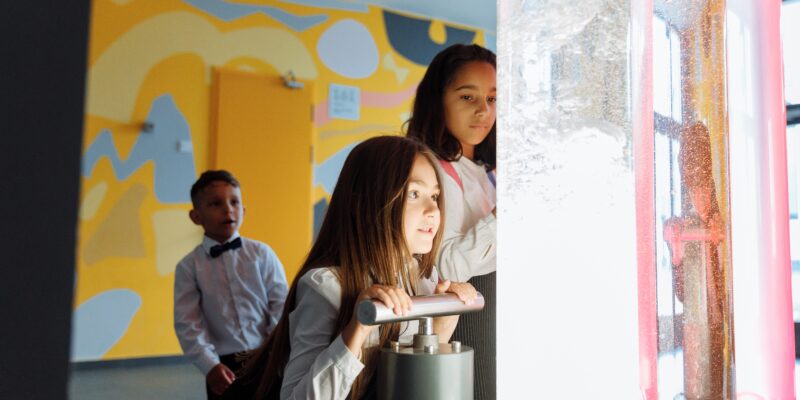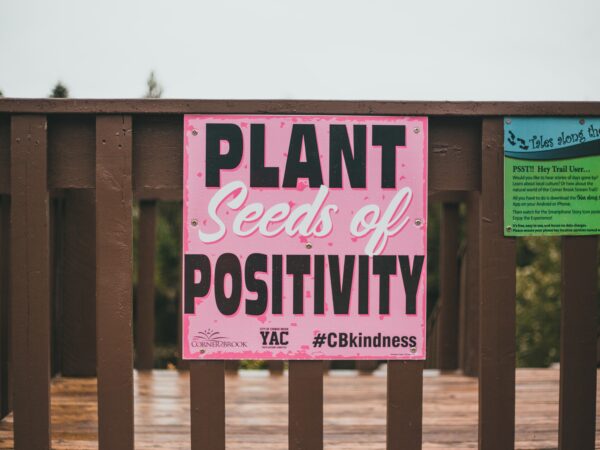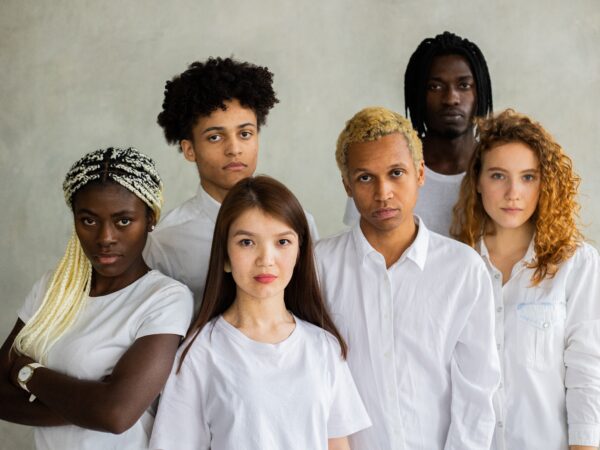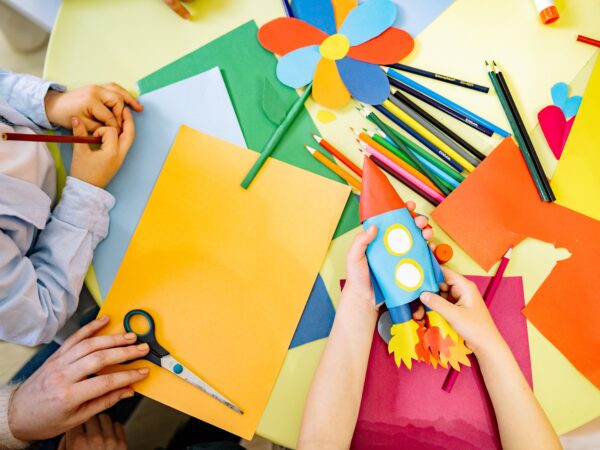Education is important for both individual and social growth. It is a lifelong process that empowers individuals with the knowledge, skills, and values necessary to navigate the complexities of the world.
It provides individuals with the tools to pursue their dreams, achieve their goals, and make a meaningful contribution to society. In this article, we will explore the importance of education and how it benefits individuals and society.
The Benefits Of Education
It provides individuals with many benefits, including:
1. Personal Growth
Education helps people learn how to think critically, solve problems, and be creative. It also helps people become more self-aware, emotionally intelligent, and empathetic, all of which are important for personal growth.
2. Economic Growth
It is a key driver of economic growth. It gives people the skills and knowledge they need to join the workforce, come up with new ideas, and start their own businesses. Educated individuals are more likely to earn higher salaries, have stable employment, and contribute to the economy.
3. Social Mobility
Getting a good education is a way to move up in society. It provides individuals with the opportunity to break free from poverty and social inequality. People can reach their full potential and improve their social and economic status through education.
4. Civic Engagement
Education encourages civic engagement by giving people the knowledge and skills they need to take part in the democratic process. Educated individuals are more likely to vote, volunteer, and engage in community activities.
5. Improved Career Opportunities
Education is essential for career success. It provides individuals with the knowledge and skills needed to participate in the workforce and succeed in their chosen careers. It can also lead to higher-paying jobs and greater opportunities for career advancement.
6. Improved Health and Well-being
Education is associated with improved health and well-being. It provides individuals with the knowledge and skills needed to make informed decisions about their health and engage in healthy behaviors.
It can also promote mental health and well-being by providing individuals with the tools to manage stress and cope with challenges.
The Role of Education in Society
Education is a very important part of making society what it is. It helps individuals develop the skills and values necessary to contribute to their communities and create a better world. Here are some of the most important things :
1. Transferring Knowledge
Education is a way to pass on knowledge from one generation to the next. It helps keep cultural traditions alive, moves science forward, and makes new knowledge.
2. Socialization
It helps individuals become members of society. It teaches individuals the norms, values, and beliefs that are essential for social cohesion.
3. Nation Building
Education is a key part of building a country. It helps people feel like they are part of their country, brings people together, and gives people the skills and knowledge they need for national development.
4. Social Justice
Education is a tool for promoting social justice. It gives people the knowledge and skills they need to fight against unfairness, discrimination, and inequality.
5. Personal Development
Education is essential for personal development. It provides individuals with the skills and knowledge needed to make informed decisions, solve problems, and achieve their goals. It also helps individuals develop critical thinking skills, creativity, and emotional intelligence, which are important for personal and professional success.
6. Social and Cultural Development
Education plays a crucial role in social and cultural development. It provides individuals with the opportunity to learn about different cultures, languages, and customs, which fosters mutual understanding and respect. It also promotes social cohesion and a sense of community by bringing people from different backgrounds together.
7. Environmental Development
Education plays a critical role in environmental development. It provides individuals with the knowledge and skills needed to understand and address environmental issues. It can also encourage people to recycle, save energy, and farm in a way that doesn’t harm the environment. Education is essential for creating a more just, equitable, and sustainable world for future generations.
8. Political Development
Education is critical for political development. It provides individuals with the knowledge and skills needed to participate in the political process and make informed decisions. It also helps individuals develop civic responsibility and engagement, which is essential for the functioning of democratic societies. Education can also promote social justice and equality by providing individuals with the tools to advocate for their rights and the rights of others.
Challenges Facing Education
Even though education has many benefits, there are still a lot of problems that need to be solved. Some of these challenges include:
1. Access
In many parts of the world, it is still hard to get to school. Many individuals do not have access to quality education due to poverty, conflict, and discrimination.
2. Quality
Even in countries where education is widely available, the quality of education can vary greatly. Many schools lack qualified teachers, appropriate resources, and modern teaching methods.
3. Relevance
The relevance is another challenge. Many systems are out of date and don’t prepare people for work in the 21st century.
4. Cost
It can be costly, making it inaccessible to many individuals. The cost can be a barrier to social mobility and perpetuate social inequality.
5. Standardization
Standardization can limit creativity and diversity. Many educational systems emphasize standardization and testing, which can limit the ability of teachers to provide personalized and creative instruction.
6. Cultural Barriers
Cultural barriers can limit access to education. Many cultures place a lower value on education, especially for girls and women. This limits their ability to participate in civic life and achieve their full potential.
Conclusion
Education is a fundamental human right and a key driver of personal and societal growth. It provides individuals with the knowledge, skills, and values needed to navigate the complexities of the world.











